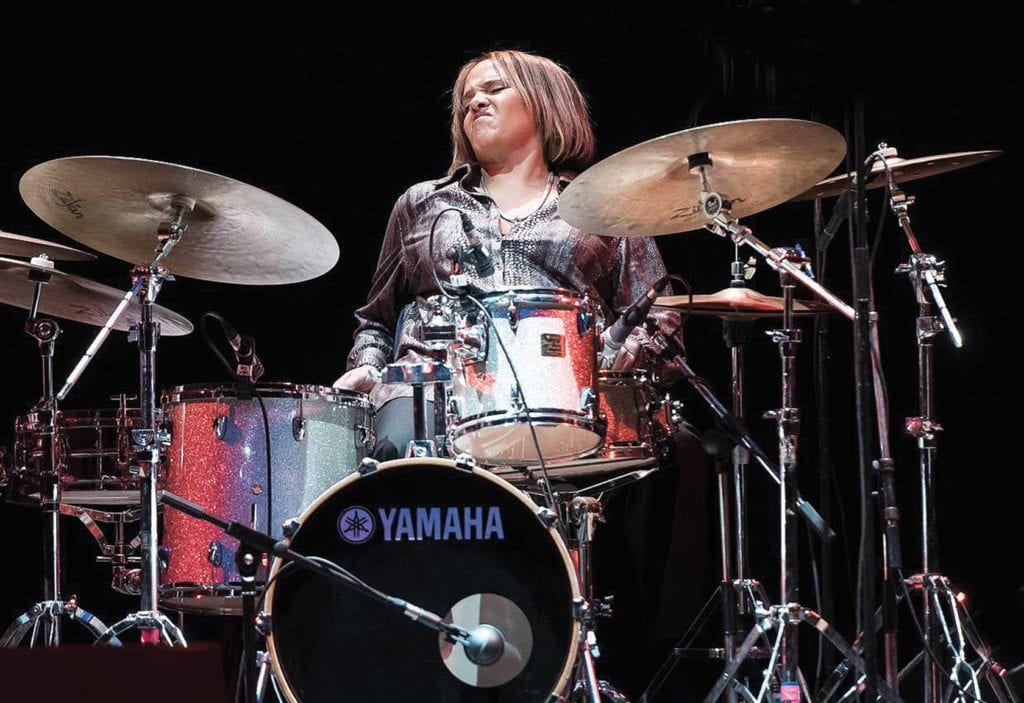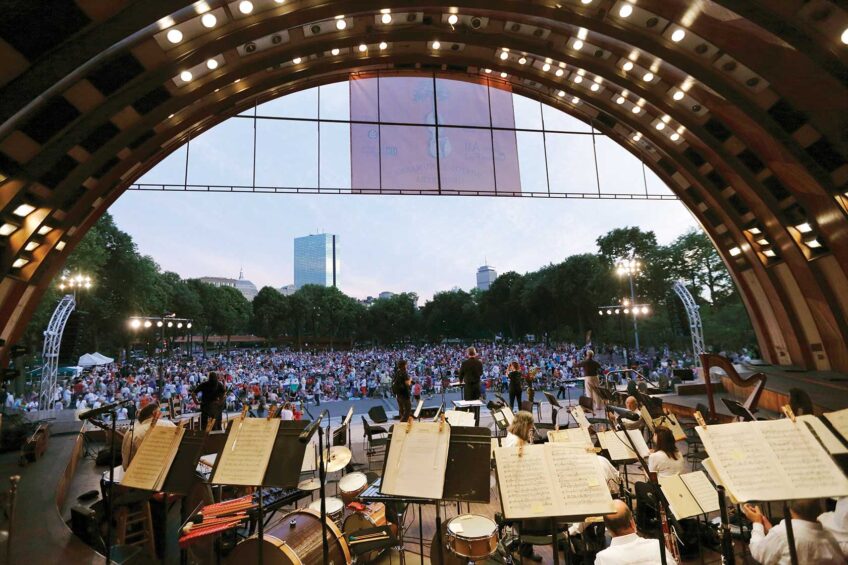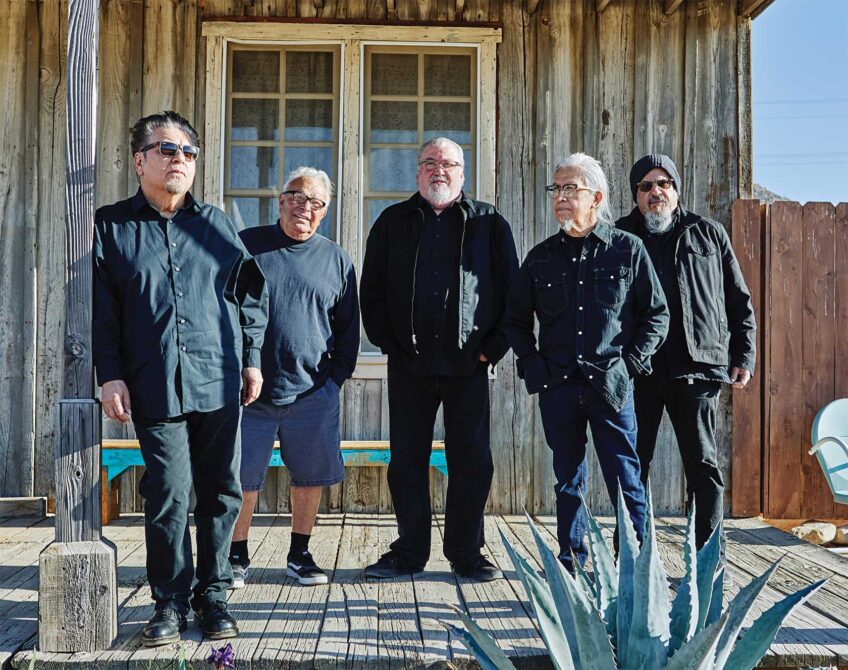Terri Lyne Carrington tackles gender in Jazz with new institute at Berklee College

Terri Lyne Carrington, three-time Grammy award-winning jazz drummer, producer and composer extraordinaire, founded the Berklee Institute of Jazz and Gender Justice in November 2018. Now in its first semester, under the direction of Aja Burrell Wood, the Institute is bringing to Boston ideas and opportunities to question and resolve barriers at the intersection of gender and music.
“I think people, even if they don’t realize it, don’t expect women to play certain instruments,” Carrington told the Banner. “Like drums. Or the trumpet. Women are expected to limit themselves in music to the violin or flute, or to sing. This is the first thing that women in jazz face every day.”
This spring, the Institute will offer its first course, “Music and Society: Jazz, Gender, and Justice.” Director Wood describes both the course and the Institute as inquiries. He explains, “How is gender manifest in the culture of jazz? We want to look at the intersection of jazz, as an African American art form, with the social constructs of gender and race.”
Carrington’s work as a performer informs the goals that she and Wood have set for the Institute.
“I realized the importance of being a woman in jazz when I played as part of a trio with Geri Allen and Esperanza Spalding,” says Carrington. “Guys don’t have to go through that type of awareness.”
Beyond her work with the Institute, Carrington is a creative force in recording, producing and composing.
In 2013, she released “Money Jungle: Provocative in Blue” to commemorate the 50th anniversary of Duke Ellington’s classic album.
Carrington is also an open and inclusive thinker when it comes to other artists’ music.
“I’m recently into Noname, a Chicago rapper, and Kassa Overall, a drummer and DJ and rapper,” she says. “Kassa Overall fuses jazz with other elements. His album, ‘Go Get Ice Cream and Listen to Jazz,’ just came out on January 11th.”
This year, Carrington is working and touring with her latest band, “Social Science,” with most of the songs written by her as well as by members Aaron Parker and Matt Stevens. Carrington describes the project as a collaboration that will include “several guest rappers and DJs” and “a combination of different genres outside of jazz.”
The band’s music will include social justice themes. “Some of the songs with Social Science address police brutality against African Americans, mass incarceration and Native American concerns,” she says.
Carrington was born and raised in Medford. With a father who played saxophone and a grandfather who played drums (with Fats Waller, among others), her musical talent was recognized and nurtured even as a child.
“I had no women role models,” Carrington says. “In addition to my father, my mentors were men like Jack DeJohnette, Wayne Shorter and Clark Terry.”
The Berklee Institute of Jazz and Gender Justice represents an effort to create an ongoing conversation about the important role that gender can play in music. It provides musicians an opportunity to have frank and open discussions and to gain mentors, and highlights women in jazz whose work often is not regarded with the same respect as men’s.
“We want to address systemic issues such as patriarchy,” says Wood. “We have courses and we will have events with guest artists and lecturers. The goal is dialogue and discourse.”
From June 6 to 9, the Institute is collaborating with the International Alliance for Women in Music to hold the 15th biennial Feminist Theory and Music conference at Berklee’s Boston campus. Berklee describes the conference as bringing together “composers, performers, scholars, innovators and improvisers who celebrate, challenge and transform our future with cutting-edge music, music technology and innovative scholarship.”
“All of these different access points, everything we do,” Wood says, “is to help students to become agents of change.”







